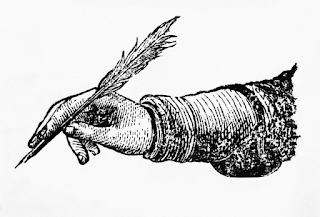A Lawyer Writes ✒ Written by Joshua Rozenberg. Recommended by Christy Walsh.
A High Court judge has been accused of Islamophobia by an accredited human rights campaign group after ruling that a school could lawfully prohibit its pupils from performing prayer rituals on its premises.
Mr Justice Linden dismissed a challenge brought on behalf of an unnamed Muslim student at Michaela Community School in north-west London who wanted to perform one of her five daily prayers during what she regarded as her lunch break.
The school, which is heavily oversubscribed, is a secular secondary free school for girls and boys with exceptionally strict rules — required in part because it is located in an unsuitable seven-storey office block. Around half the 700 pupils are Muslims.
Katharine Birbalsingh, the school’s founder and head teacher, had told its governing body that the decision to ban prayer rituals last year was not taken lightly:
Mr Justice Linden dismissed a challenge brought on behalf of an unnamed Muslim student at Michaela Community School in north-west London who wanted to perform one of her five daily prayers during what she regarded as her lunch break.
The school, which is heavily oversubscribed, is a secular secondary free school for girls and boys with exceptionally strict rules — required in part because it is located in an unsuitable seven-storey office block. Around half the 700 pupils are Muslims.
Katharine Birbalsingh, the school’s founder and head teacher, had told its governing body that the decision to ban prayer rituals last year was not taken lightly:
Unacceptable segregation or division, contrary to the whole ethos of the school, was taking place as a result of permitting prayer. An intimidatory atmosphere was developing. Our strict disciplinary policies, on which the ethos and great success of school is based, were at risk of being undermined.
Continye reading @ A Lawyer Writes.




















